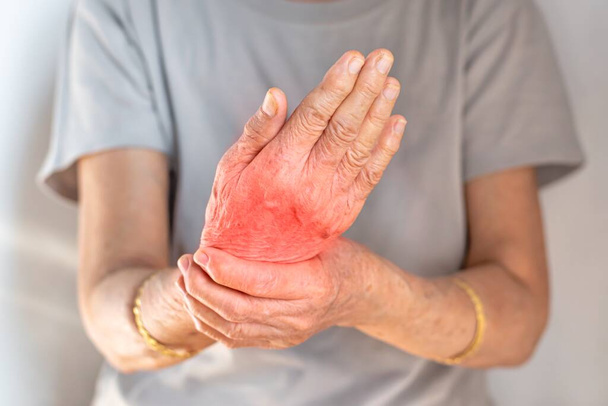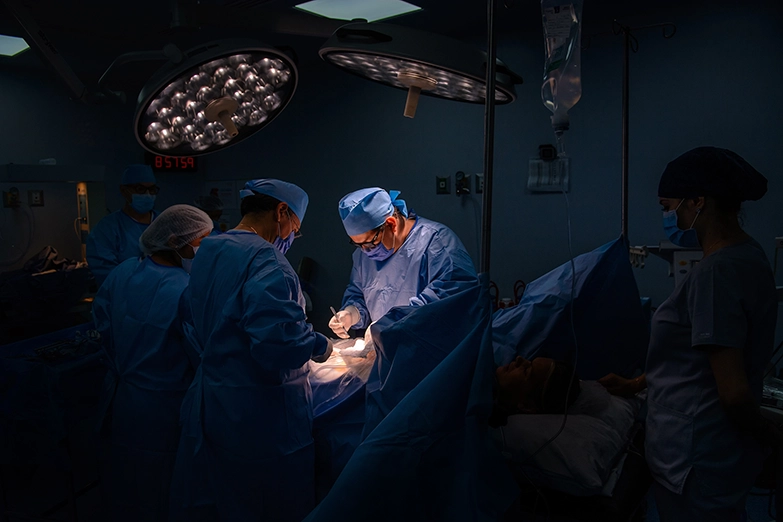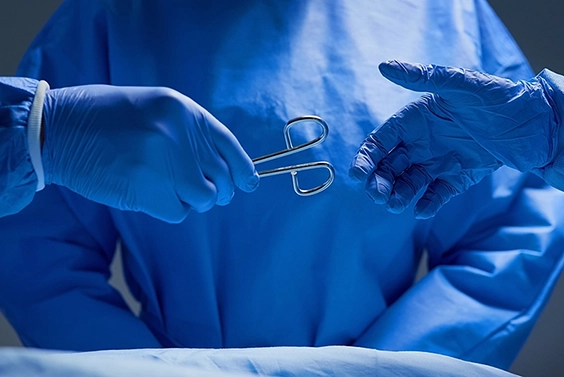Autoimmune Mucocutaneous Disorders Treatment at Rheumatology Clinic, DRHC Dubai
At Dr. Rami Hamed Medical Center, Dubai, our expert rheumatologist specializes in the diagnosis and treatment of autoimmune mucocutaneous disorders. We are committed to providing our patients with personalized care and effective treatment options to help them manage their condition and improve their quality of life.
WE TREAT:
Causes and Risk Factors
Autoimmune mucocutaneous disorders occur when the immune system mistakenly attacks the body's mucous membranes and skin, leading to inflammation and damage. The exact cause of these disorders is not known, but they are believed to be a combination of genetic, environmental, and immune system factors. Several factors can increase the risk of developing autoimmune mucocutaneous disorders, including:
- Gender: Autoimmune mucocutaneous disorders are more common in women than men.
- Age: These disorders can occur at any age, but they are most commonly diagnosed in people between the ages of 30 and 60.
- Family history: Having a family history of autoimmune diseases increases the risk of developing these disorders.
- Smoking: Smoking is a significant risk factor for developing autoimmune mucocutaneous disorders.
- Environmental factors: Exposure to certain environmental factors, such as infections and pollutants, can trigger these disorders in some people.
Symptoms
The symptoms of autoimmune mucocutaneous disorders can vary from person to person and may come and go over time. Common symptoms of these disorders include:
- Oral ulcers
- Genital ulcers
- Eye inflammation
- Joint pain and swelling
- Skin rash or sores
- Blistering skin lesions
- Scarring of the skin and mucous membranes
- Fever
- Fatigue
- Weight loss
- Loss of appetite
Diagnosis
Diagnosing autoimmune mucocutaneous disorders typically involves a physical examination, blood tests to measure inflammation and autoantibodies, and skin biopsies to look for characteristic changes in the skin.
Treatment Options We Offer
Treatment for autoimmune mucocutaneous disorders often involves medications to reduce inflammation and suppress the immune system, such as corticosteroids, immunosuppressants, or biologic response modifiers. Lifestyle changes, such as maintaining a healthy weight, avoiding smoking, and protecting the skin from sun exposure, can also help manage symptoms.
When to Seek Medical Advice
If you are experiencing symptoms of autoimmune mucocutaneous disorders, it is important to see a rheumatologist for a proper diagnosis and treatment plan.
Complications
Complications of autoimmune mucocutaneous disorders may include scarring of the skin and mucous membranes, joint damage, and eye inflammation.

If you are concerned about autoimmune mucocutaneous disorders or are experiencing symptoms of the conditions, it is important to see a rheumatologist for a proper diagnosis and treatment plan. Contact us today to schedule an appointment and take the first step towards managing your condition and improving your quality of life.









